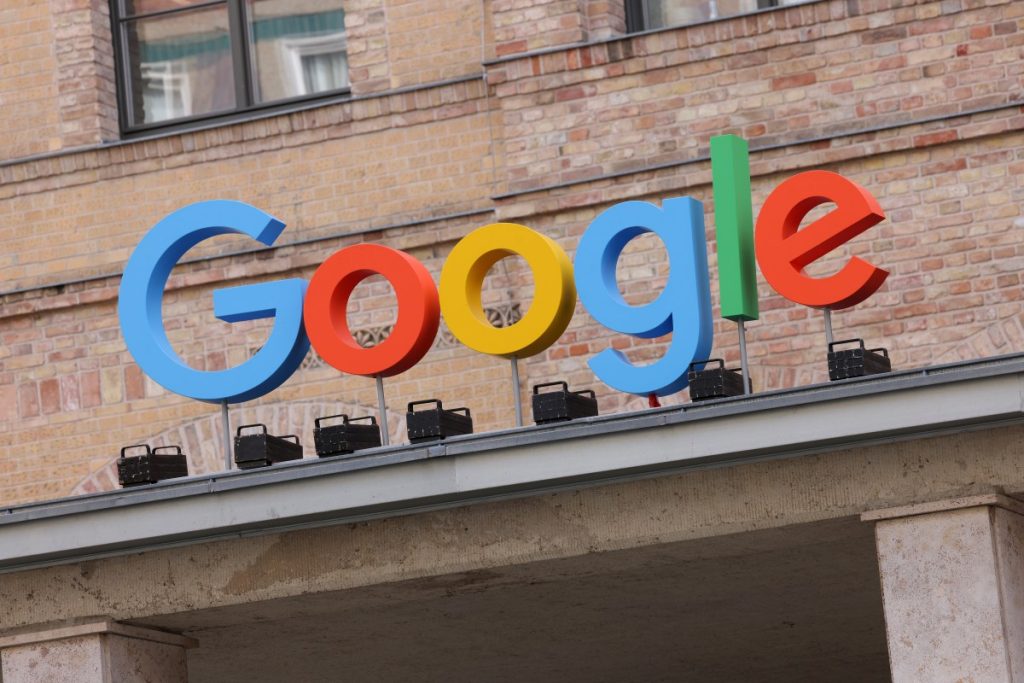This week brought significant updates in transportation regulations and industry developments. The U.S. Department of Transportation introduced a revised Automated Vehicle Framework, adjusting reporting requirements for crashes involving advanced driver-assistance systems (ADAS) and automated driving systems (ADS). Under the new rules, companies now have five days to report incidents involving Level 2 systems if a crash results in fatalities, injuries requiring hospitalization, airbag deployment, or collisions with pedestrians or cyclists. This marks a shift from previous mandates that required broader reporting, drawing criticism from consumer advocates who argue it reduces transparency.
In the electric vehicle space, Slate, a startup backed by Jeff Bezos, unveiled its highly anticipated EV pickup truck at an event in California. The vehicle, described as a “transformer” for its modular design, aims to challenge Tesla’s dominance with a focus on adaptability and user customization. Meanwhile, Rivian appointed Aidan Gomez, CEO of AI company Cohere, to its board, signaling a strategic push toward integrating advanced AI into its electric vehicles and software platforms.
Tesla’s latest earnings report highlighted contrasting narratives: while profits dropped 71% year-over-year due to declining automotive sales and trade war impacts, investor optimism surged around its AI and autonomous driving initiatives. CEO Elon Musk emphasized plans to prioritize Tesla’s robotaxi development and a more affordable EV model, despite ongoing challenges tied to brand sentiment and regulatory risks.
Autonomous vehicle advancements continued as Waymo hinted at potential partnerships for personal vehicle licensing, and Volkswagen partnered with Uber to launch a robotaxi service using self-driving ID. BUZZ electric vans by 2026. On the funding front, hybrid aircraft startup Electra secured $115 million, while Indian EV manufacturer Ather Energy adjusted its IPO plans amid market fluctuations.
Ride-hailing saw regulatory action as the FTC sued Uber over unauthorized subscription charges, while Delta Airlines shifted its loyalty program partnership from Lyft to Uber, allowing customers to earn miles on rides and deliveries.















